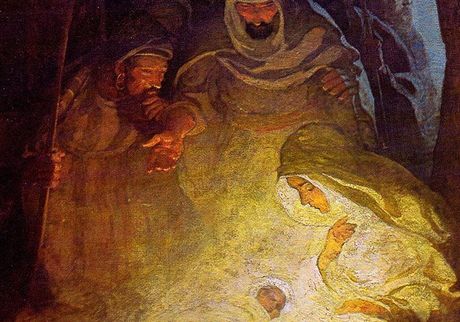

Diversions for piano (left hand) and orchestra Op.21 P 1991

Recorded: 22 & 23.IV.1982, Cheltenham Town Hall Recorded: 11 & 12.I.1989, Philharmonic Hall, LiverpoolĬity of Birmingham Symphony Orchestra / Sir Simon Rattle Royal Liverpool Philharmonic Orchestra / Libor Pesek The Young Person’s Guide to the Orchestra Op.34 (Variations and Fugue on a Theme of Purcell) Four Sea Interludes and Passacaglia from ‘Peter Grimes’ Op.33 He also launched the music festival in his adopted town of Aldeburgh. He was also partly responsible for the reawakening of interest in the music of his great predecessor, Henry Purcell by making realizations of a large number of his works.
Biola inkslinger full#
Indeed, when one examines Britten’s output, it is hard not to credit him with at least one work of genius, if not a masterpiece, virtually every year for the rest of his composing life – whether it be an opera, for example The Turn of the Screw in 1954 or A Midsummer Night’s Dream in 1960 a choral work, for example Spring Symphony in 1949 or the War Requiem in 1961, a large vocal work, for example Serenade for tenor, horn and strings in 1943, Nocturne in 1958 and Phaedra in 1975 a smaller vocal work, for example the Canticles of 1947, 1952, 1954, 1971 & 1974 the works he wrote for Mstislav Rostropovich – the Cello Sonata in 1961, the Cello Symphony in 1963 and the three Solo Cello Suites in 1964, 1967 & 1971 the two remaining String Quartets in 1945 & 1975 and a full length ballet The Prince of the Pagodas in 1956.īesides setting many classic poets from Britain, including Blake, Burns, Coleridge, Donne, Hardy, Keats, Jonson, Milton, Owen, Shakespeare, Shelley, Spenser, Tennyson and Wordsworth, he also set texts in French (Hugo, Rimbaud and Verlaine), Italian (Michelangelo), German (Hölderlin) and Russian (Pushkin).
Biola inkslinger series#
Here he subjects the theme by Purcell to a series of ingenious variations played by each member of the orchestra and then as groups and finally a fugue where everything comes together in a simply unforgettable coda. The Rape of Lucretia was premiered the following year, as was the work by which Britten is probably best remembered – certainly by thankful schoolchildren for their Guide to the Orchestra. The triumph not only established Britten as Purcell’s successor as Britain’s greatest music dramatist but its numerous performances abroad showed that Britain had an international composer celebrity. Cecilia (another Auden text) during this year.įor British Opera, the date 7th June 1945 will always remain a red-letter day as it heralded the premiere of a masterpiece, Peter Grimes. He wrote A Ceremony of Carols and Hymn to St. Forster on the Suffolk poet Crabbe (whose work was to lead to arguably his greatest success) and he returned to England in 1942. He started to get the pangs of homesickness especially when he read, by chance, an article by E.M. His first opera, Paul Bunyan, to an Auden libretto, was also composed there but then withdrawn (it was revived for the Aldeburgh Festival in the year he died). There he composed the Sinfonia da Requiem, the Michelangelo Sonnets and the First Quartet.

Accompanying him was the tenor Peter Pears (1910-1986) who was to be the inspiration behind so many great operatic roles and song cycles. In 1939 he decided to follow Auden to America. The experience in the film unit enabled him to develop the expressive immediacy and technical abilities – often using small and unconventional resources – which would assist his composition of operas in the years to come. Auden whose poetry inspired the brilliant song cycle Our Hunting Fathers. He worked for some years in the film unit of the General Post Office where he met W.H. He visited Vienna in 1934 and saw Wozzeck but family resistance prevented him studying with Berg (who, in any case, died from blood poisoning caused by an insect sting a year later). From these times date the beautiful A Hymn to the Virgin, Quatre Chansons Françaises and the Sinfonietta, his official Op. In 1930 he entered the Royal College of Music and developed the pianistic skills which made him such a brilliant interpreter of both his own music and other greats, particularly Mozart and Schubert. In 1924 he met Frank Bridge (1879-1941), a fine composer in his own right, and became his pupil through him he developed an appreciation of contemporary music with scores by Bartók and the Schönberg school, particularly Berg. He showed remarkable skill at composition from his earliest days. Cecilia – 22nd November in 1913 in Lowestoft. Benjamin Britten was born on the day of the Patron Saint of Music – St.


 0 kommentar(er)
0 kommentar(er)
